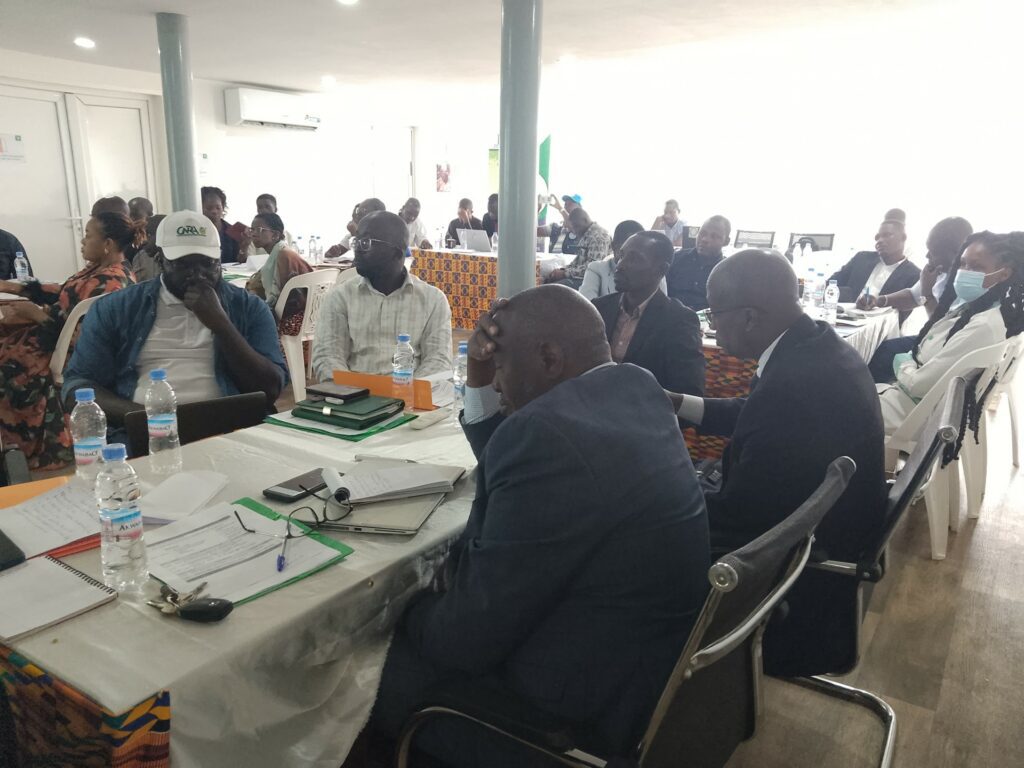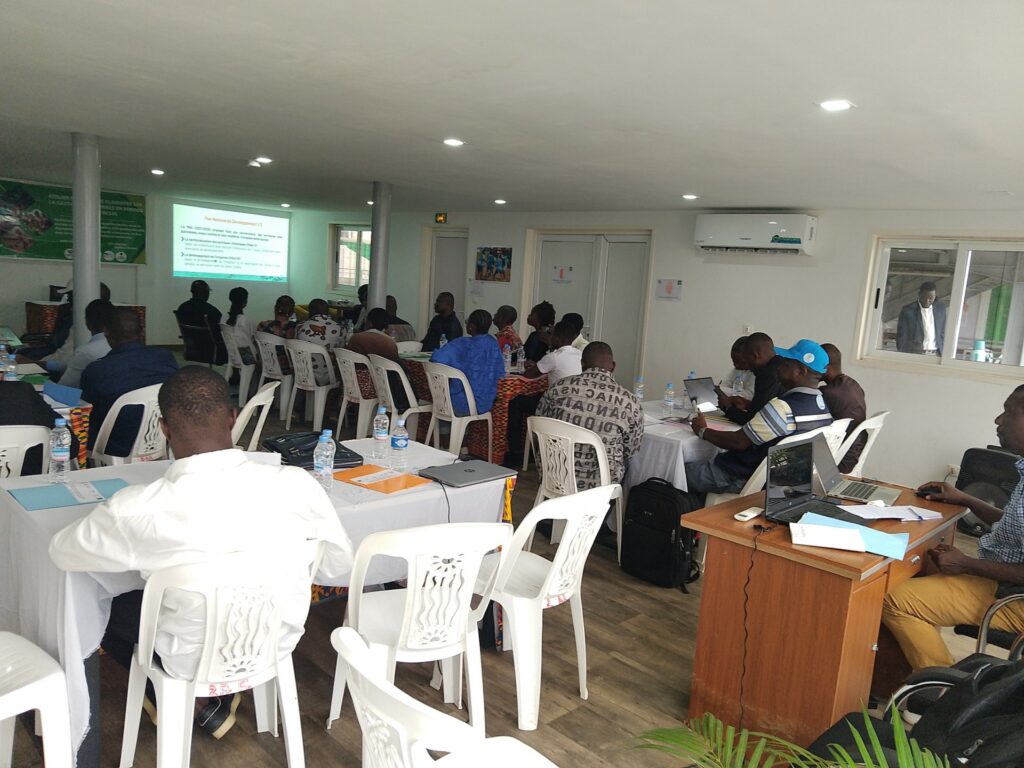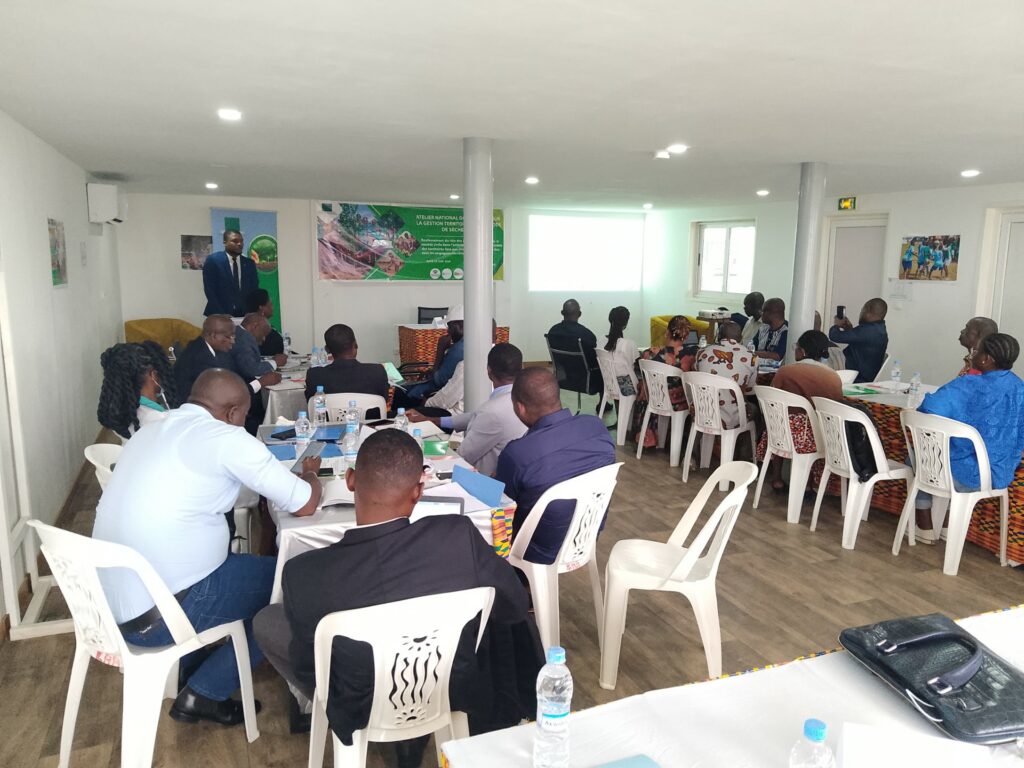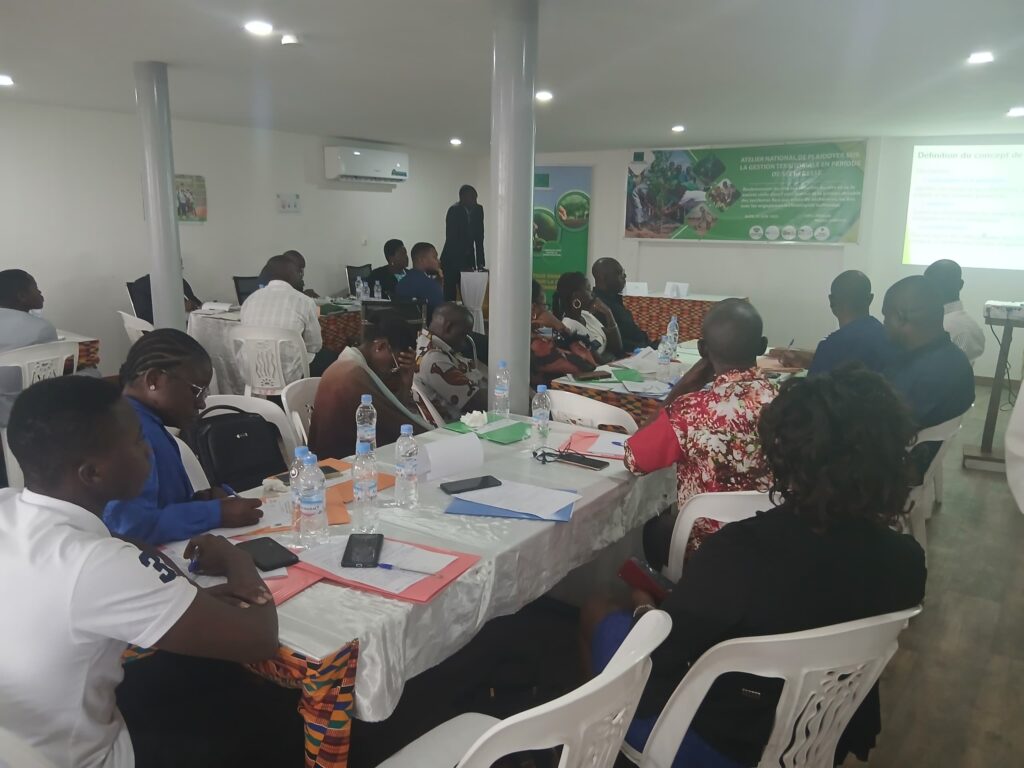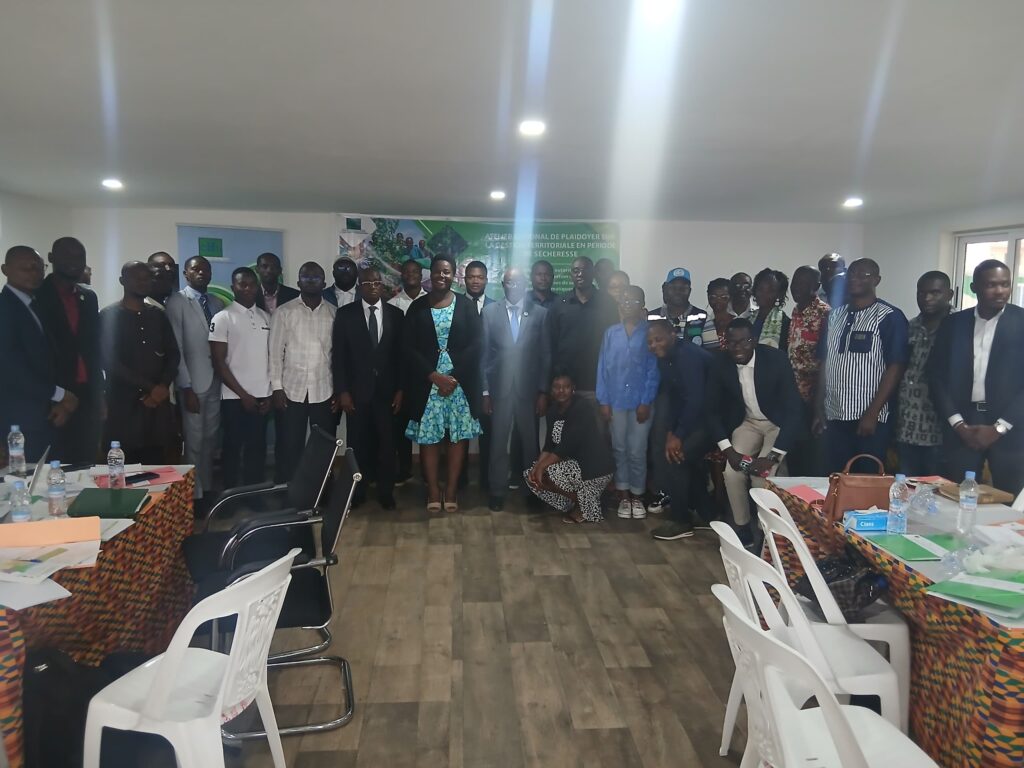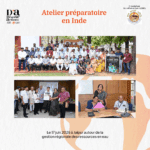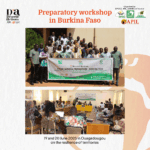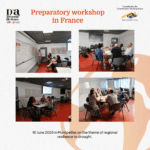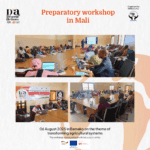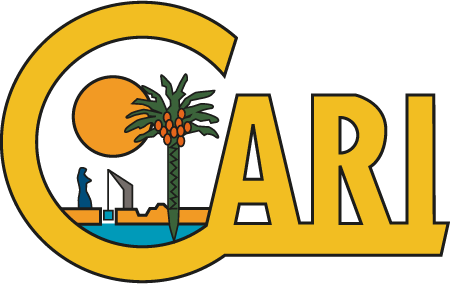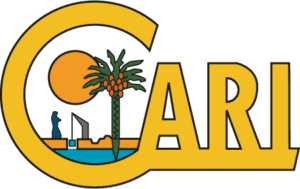News of 08/07/2025
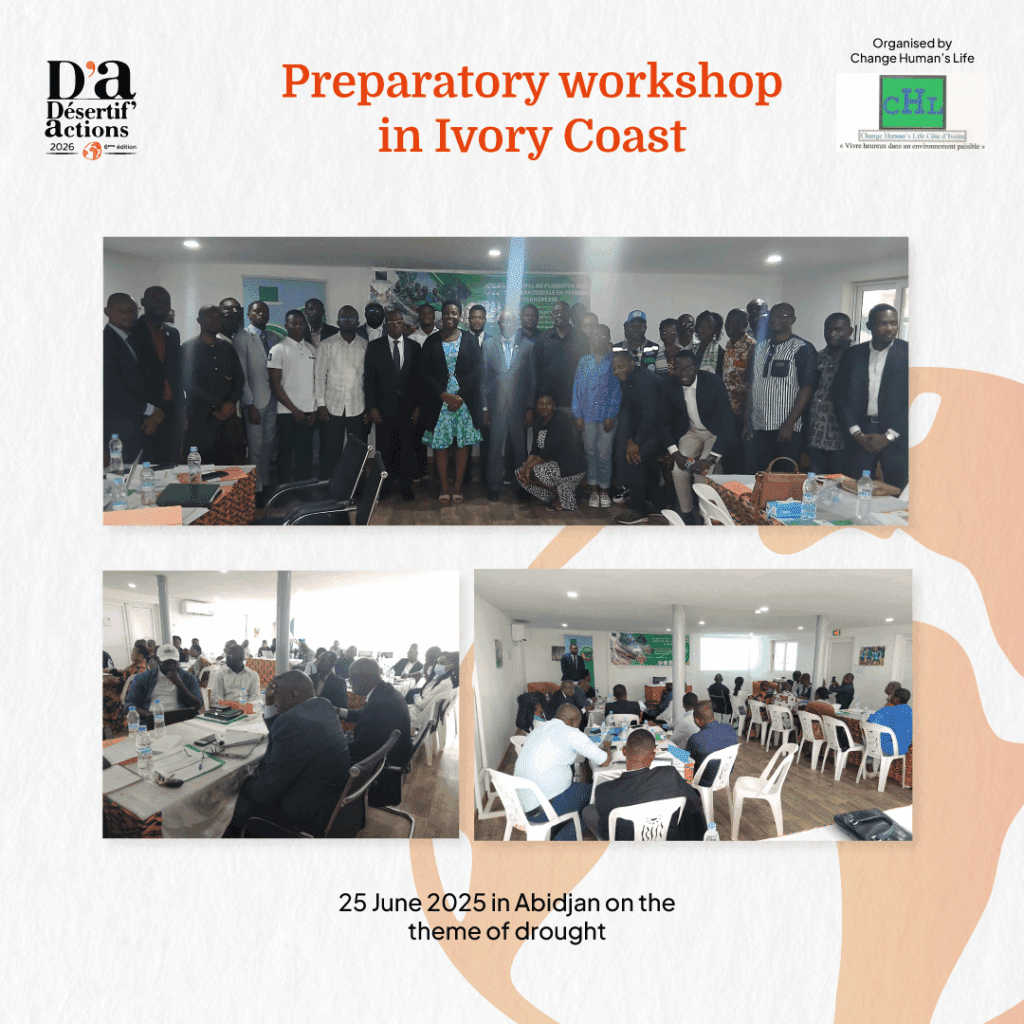
Change Human’s Life (CHL) organised a national workshop in collaboration with several partners, including GIZ (German International Cooperation Agency) and CARI (Centre d’Appui à la Recherche et à l’Innovation). The aim of the event was to promote agro-ecological solutions as effective responses to land degradation and desertification, crucial issues in Côte d’Ivoire and in many arid regions of the world.
Land degradation: a major challenge for Côte d’Ivoire
Land degradation is a major problem in Côte d’Ivoire, particularly in arid areas. This phenomenon, fuelled by unsustainable agricultural practices and climate change, threatens the agricultural productivity and food security of rural communities. Change Human’s Life and its partners are working to raise awareness among local populations of the importance of soil conservation to ensure a sustainable future.
Agroecology: a promising solution
Agroecology, which combines traditional agricultural knowledge with modern practices, is emerging as an effective solution for combating land degradation while meeting food challenges. This system makes it possible to restore soil fertility, conserve biodiversity and reduce the use of chemicals in agriculture.
The workshop reviewed the history and development of agroecology in Côte d’Ivoire, highlighting traditional farming practices such as mixed farming and the conservation of sacred forests, which have long served to preserve soil quality. Today, the integration of modern techniques such as the use of biofertilisers and agroforestry is a major step forward in promoting more sustainable food systems.
Challenges and responses: integrating modern practices
Despite the obvious advantages of agroecology, its adoption still faces a number of challenges, not least resistance to change on the part of local populations. The break with traditional farming practices, as well as reluctance linked to the costs and perceived complexity of modern techniques, is holding back widespread adoption. However, ongoing efforts are being made to raise awareness among producers and communities, notably through training, awareness-raising and the promotion of certain adapted crops such as manioc in urban areas.
Concrete results and initiatives on the ground
The workshop also highlighted a number of concrete initiatives using agroecology to combat desertification and respond to food crises. Notable projects include
- producer training: practical workshops to build farmers’ capacities and support them in adopting agro-ecological techniques;
- sustainable land management: projects to restore degraded soils and promote environmentally-friendly farming practices;
- raising awareness in urban communities: promoting crops such as manioc in urban areas to improve food self-sufficiency.
These projects contribute directly to the food sovereignty of local communities by offering solutions adapted to environmental and economic realities.
Towards accelerated integration into national policies
One of the key objectives of this workshop was to accelerate the integration of agro-ecological solutions into national policies to combat desertification and land degradation. This objective is in line with the COP 15 on desertification in 2022, where crucial discussions were held to strengthen the commitment of governments and institutional players to agroecology and soil protection.
Change Human’s Life continues to work actively with its partners to promote agroecological solutions and encourage the adoption of these practices throughout the country.
Read all the recommendations in the full workshop report (in French).
